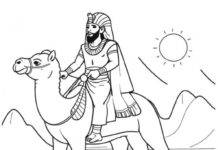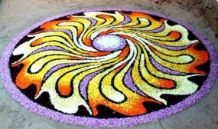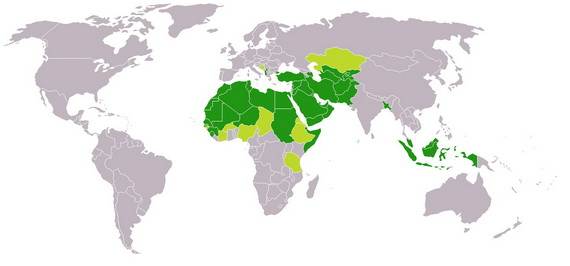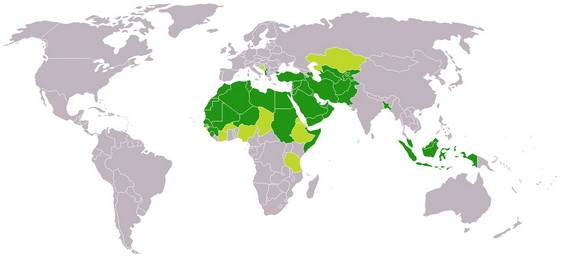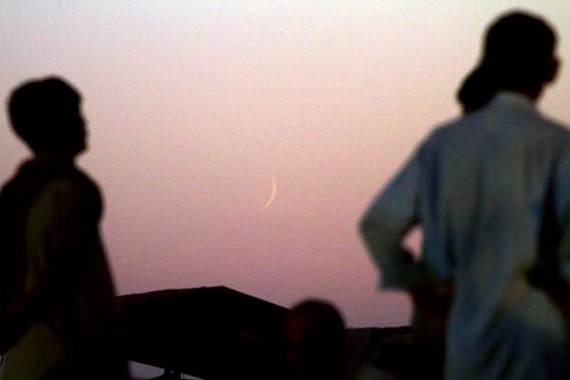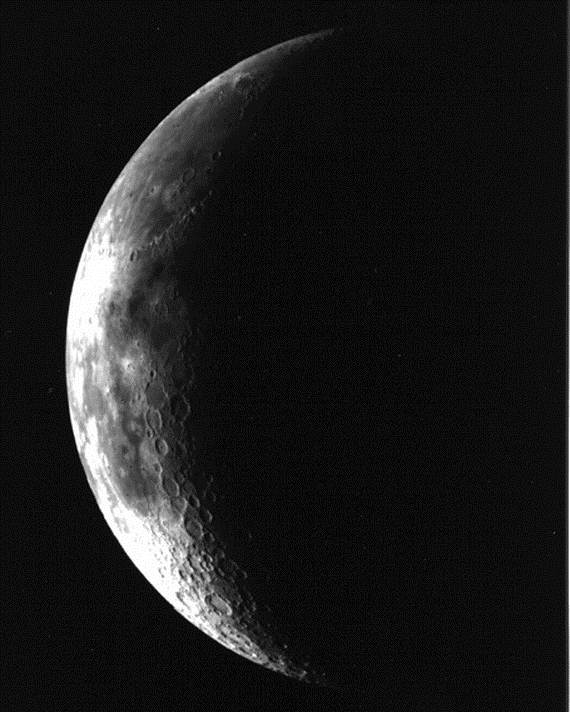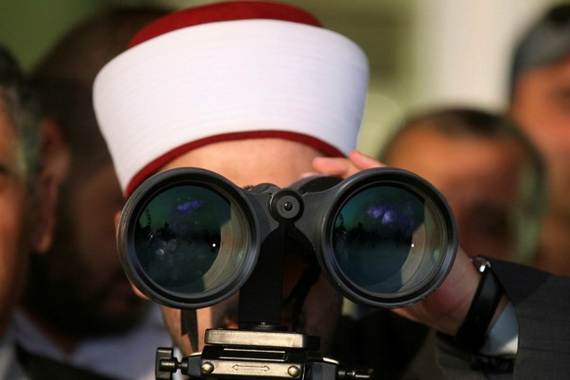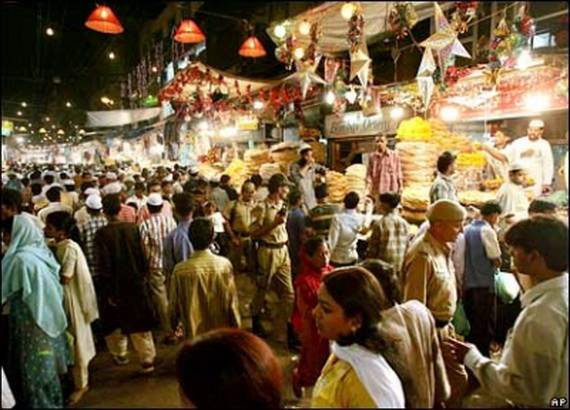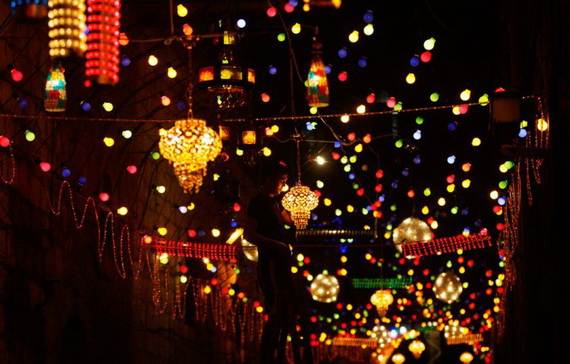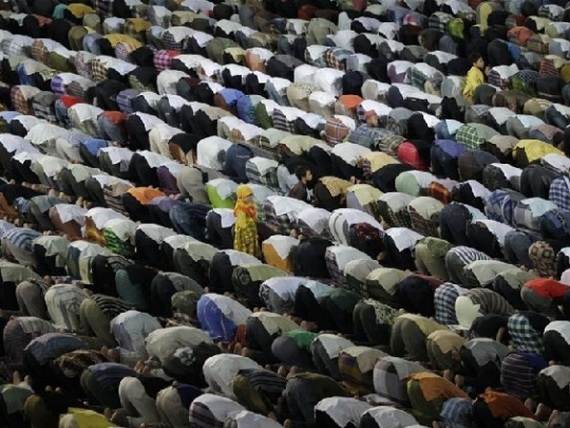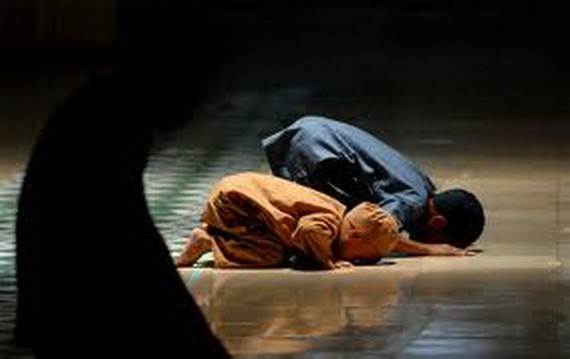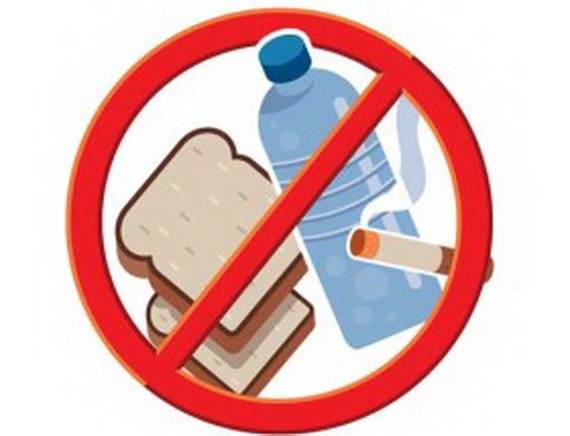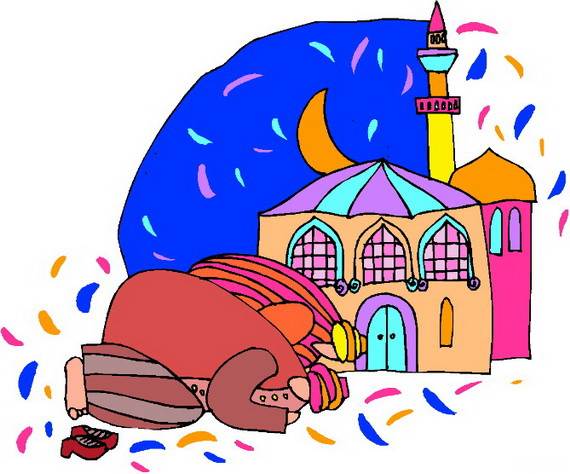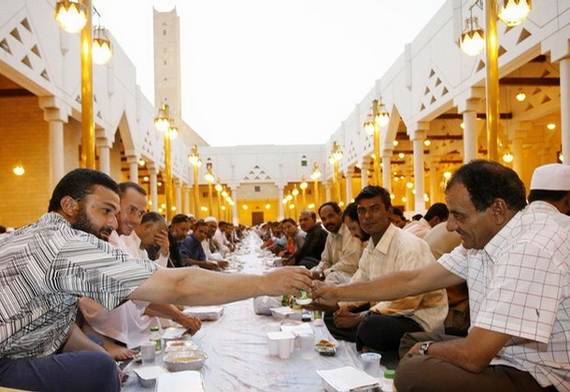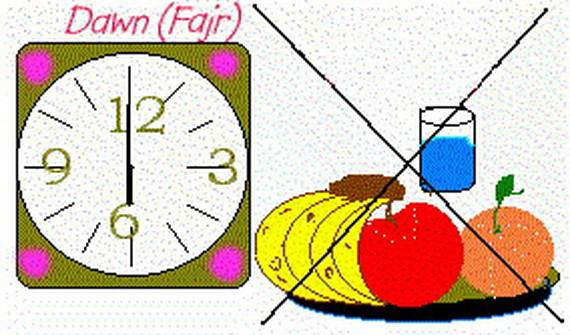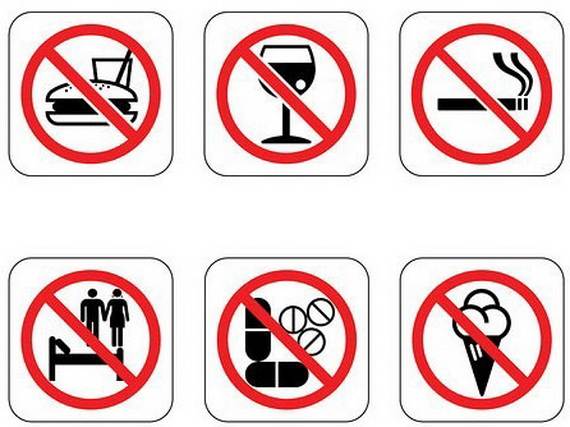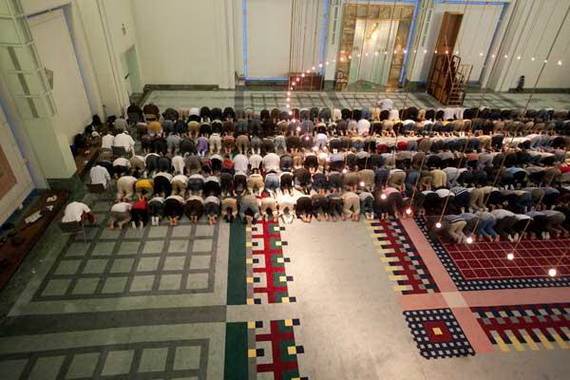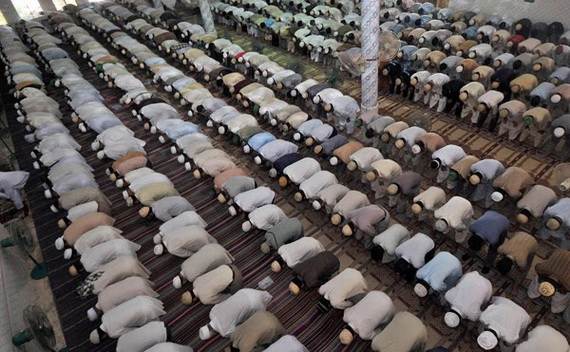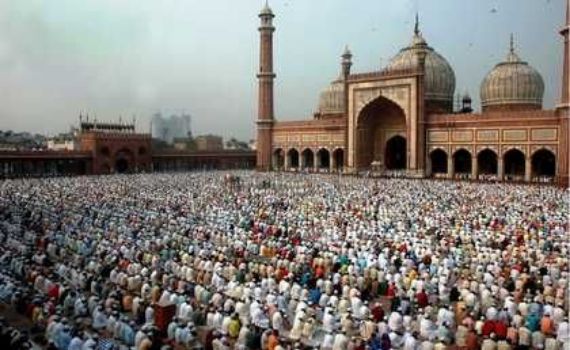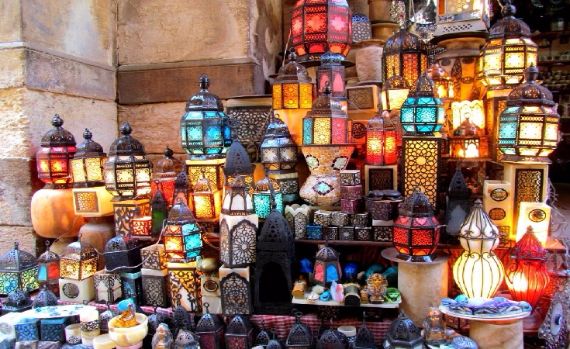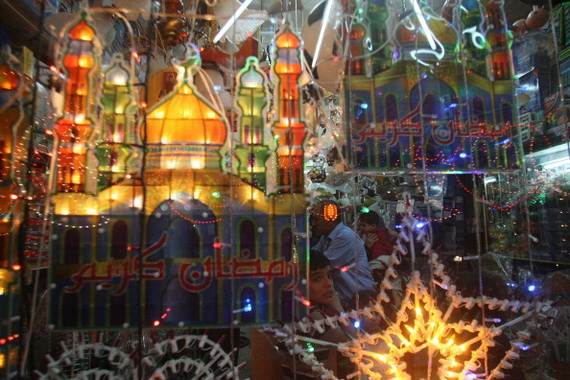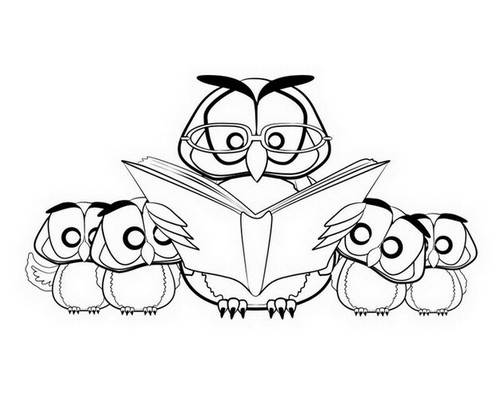Ramadan is not a holy day but a holy month. It is the ninth month of the Muslim calendar (Hijra calendar), and the holiest of the four holy months. Ramadan is the month in which “the Qur’an was sent down from heaven as a guidance for all the people, a declaration of direction, and a means of Salvation”.
Islam uses a lunar calendar for many of their religious observances -that is, each month is determined by the sighting of the new crescent moon.
Since this occurs every 29 or 30 days, the lunar month is generally 1 or 2 days shorter than a typical month in the Gregorian calendar. Similarly the lunar calendar is about 11 days shorter than the solar calendar used elsewhere, the Gregorian calendar have 365 days in a year, while the lunar month have 354 days. As a result, dates of events and Islamic holidays “move” each year about 11 days every year. In 2012, Ramadan begins at sundown on July 19th. Because the holiday cycles through the solar year, it may be delayed to the summer season, as this year, it begins on 20th of july, this fast can be much more difficult in some years than others. The days of fasting are longer and it is a greater hardship to do without water. Ramadan’s fasting day can vary from place to place because of weather conditions.
It is during this month that Muslims fast. It is called the Fast of Ramadan and lasts the entire month. Ramadan is similar to the Jewish Yom Kippur in that both constitute a period of atonement; Ramadan, however, is a time when Muslims concentrate on their faith, their obedient response to a command from God and spend less time on the concerns of their everyday lives. It is a time of worship and contemplation.
During Ramadan, those who are able to fast ( all physically mature and healthy Muslims) must abstain from evil thoughts and deeds, strict restraints are placed on the daily lives of Muslims.
They are not allowed to have food and drink (including water), smoking and sexual intercourse are also forbidden during fasting which is from dawn until dusk for the entire month. However, that is merely the physical component of the fast; the spiritual aspects of the fast include refraining from gossiping, lying, slandering and all traits of bad character.
The fast is broken at the end of the day with prayer and a meal called the iftar. One may eat and drink at any time during the night.
In the evening following the iftar it is customary for Muslims to go out visiting family and friends.
The fast is resumed the next morning.
When the fast ends ( on the first day of the Islamic month of Shawwal ) it marks the end of the month of Ramadhan, it lasts for three days of celebration in a holiday called Id-al-Fitr, Also called, Eid, “Ramadan Eid”, “Smaller Eid”; (the Feast of Fast Breaking) is the first of the two feasts for Muslims, the other is Eid al-Adha.
Gifts are exchanged and everyone wishes others a happy Eid.
Friends and family gather to pray in congregation and for large meals and also it is a tradition in many Islamic cultures, to eat special Eid cookies.






